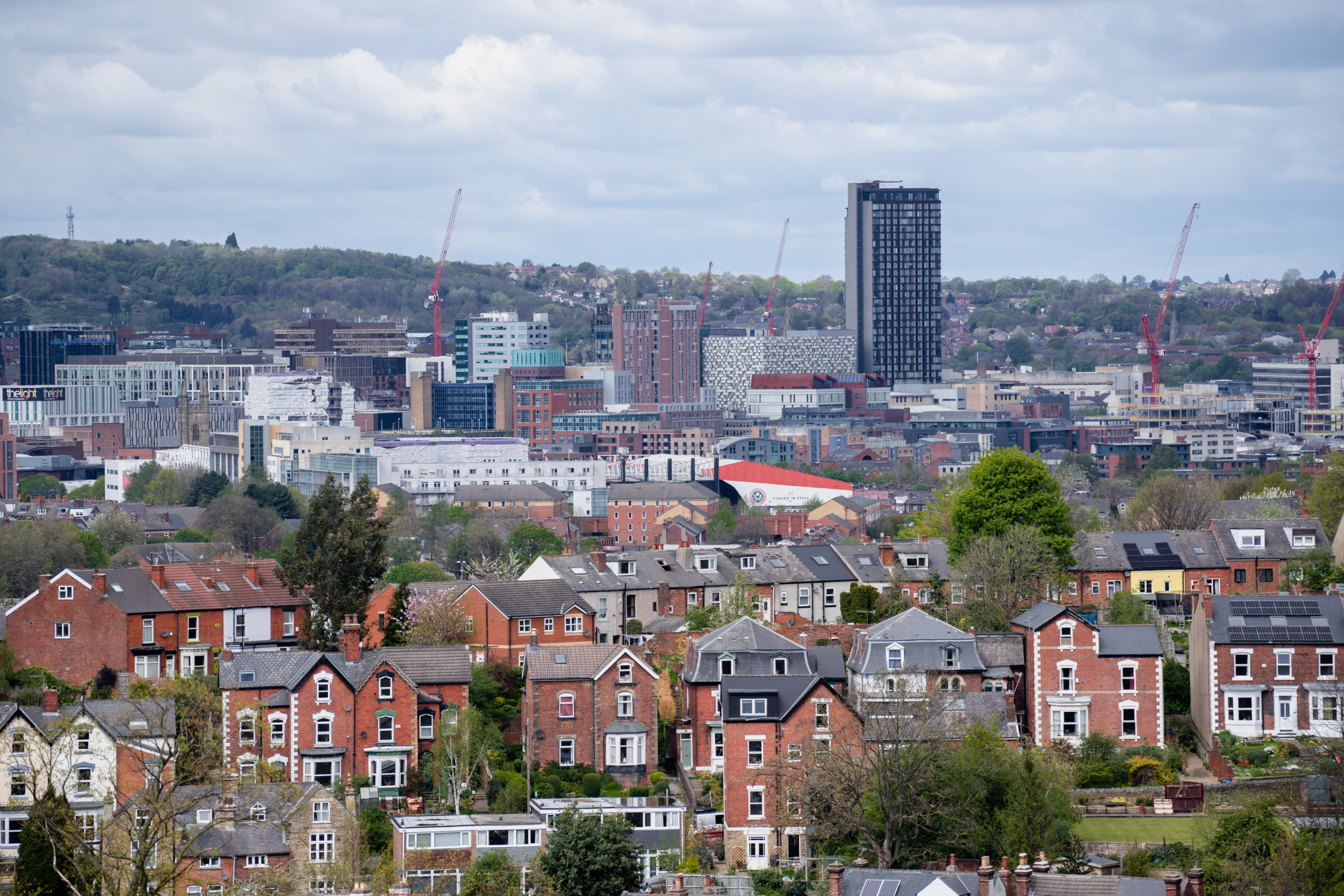Your Comprehensive Step-by-Step Remortgaging Guide
Remortgaging can be a savvy financial move for homeowners looking to save money, access equity, or improve their mortgage terms. However, navigating the remortgaging process can be daunting without proper guidance. In this comprehensive guide, we’ll walk you through each step of the process , empowering you to make informed decisions and secure the best deal for your needs.
Step 1: Assess Your Current Mortgage Deal
Start by reviewing the terms of your existing mortgage. Take note of your current interest rate, remaining loan balance, repayment terms, and any penalties for early repayment. Understanding your current mortgage will help you evaluate whether remortgaging is a viable option.
Step 2: Let us help research a new mortgage deal
Next, identify your remortgaging goals. Are you looking to lower your monthly payments, shorten or extend your loan term, access equity for home improvements, or switch to a more favourable interest rate? Clarifying your objectives will help guide your decision-making process moving forward.
Step 3: Research New Mortgage Deals
As a whom of market mortgage intermediary we have access to deals and offers that are not available directly with the lenders. Let us do the hard work for you and researching and comparing new mortgage deals from various lenders. We will consider all the factors such as interest rates, loan terms, fees, and eligibility criteria. We can explore the widest range of options available to you ensuring we get the most suitable deal to meet your needs.
Step 4: Calculate Potential Savings From A Remortgage Deal
We will work out your potential savings from remortgaging. Comparing your current mortgage payments with projected payments under different remortgage scenarios. We will factor in any upfront costs, such as arrangement fees or valuation fees, to determine whether the savings outweigh the expenses.
Step 5: Understand what documentation is needed
We will guide you fully on the necessary documentation for the remortgage application process. This may include proof of income, bank statements, tax returns, and details of your current mortgage provider and deal. Having these documents readily available will streamline the application process and prevent delays.
Step 6: Apply for Remortgaging
We will help you every step of the way and will submit your remortgage application to the chosen mortgage lender. We will confirm exactly what information and documentation is required to support your application. Be prepared to undergo a credit check and appraisal of your property as part of the approval process.
Step 7: Review Offer and Terms From Your Mortgage Lender
We will keep on top of the application process from start to finish. We will issue the offer from the lender once produced and help you to carefully review the remortgage offer and terms provided by the lender. Pay attention to interest rates, repayment terms, fees, and any special conditions attached to the loan.
Step 8: Proceed with Closing And Finalise Your Remortgage Offer
Once you’re satisfied with the remortgage offer, we will help with the process of concluding the mortgage. Ensuring all the necessary documents are in place and complete any remaining paperwork. Your lender in conjunction with your solicitor will handle the transfer of funds and coordinate the payoff of your existing mortgage.

Discuss the best mortgage deal for you with our experts
In conclusion, remortgaging can offer homeowners significant financial benefits, but it’s essential to approach the process with careful consideration and thorough research. By following this step-by-step guide, you can navigate the remortgaging process confidently and secure the best deal for your individual circumstances.
Call us on 01698 200050 or e-mail info@mortgagehub.co.uk to arrange an appointment with one of our advisors.


















